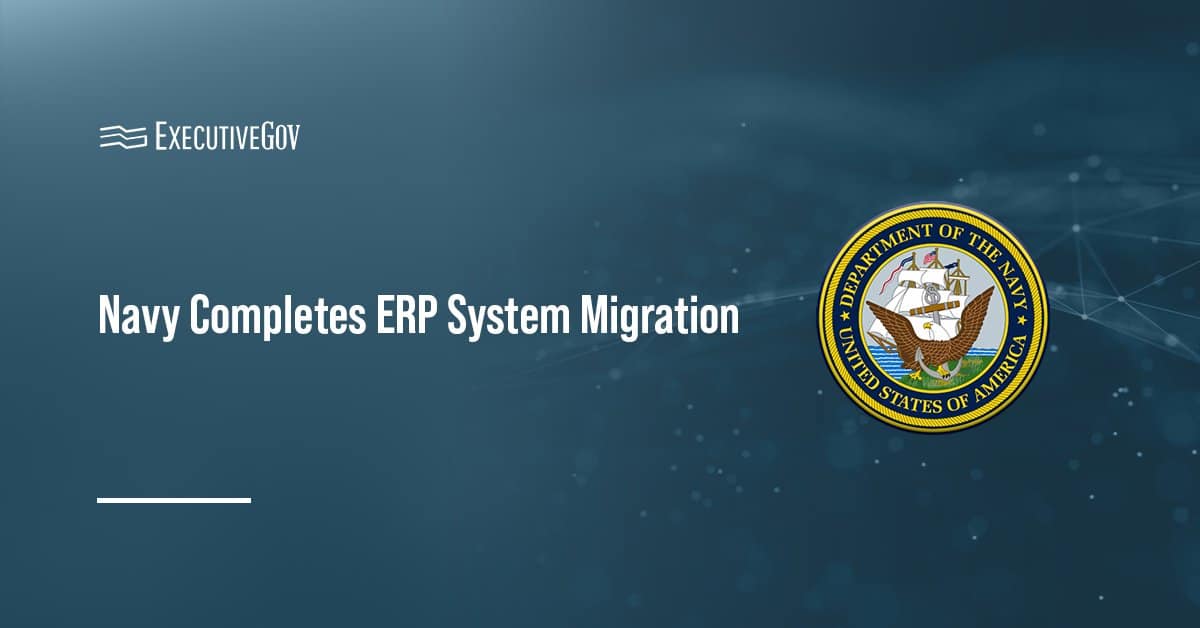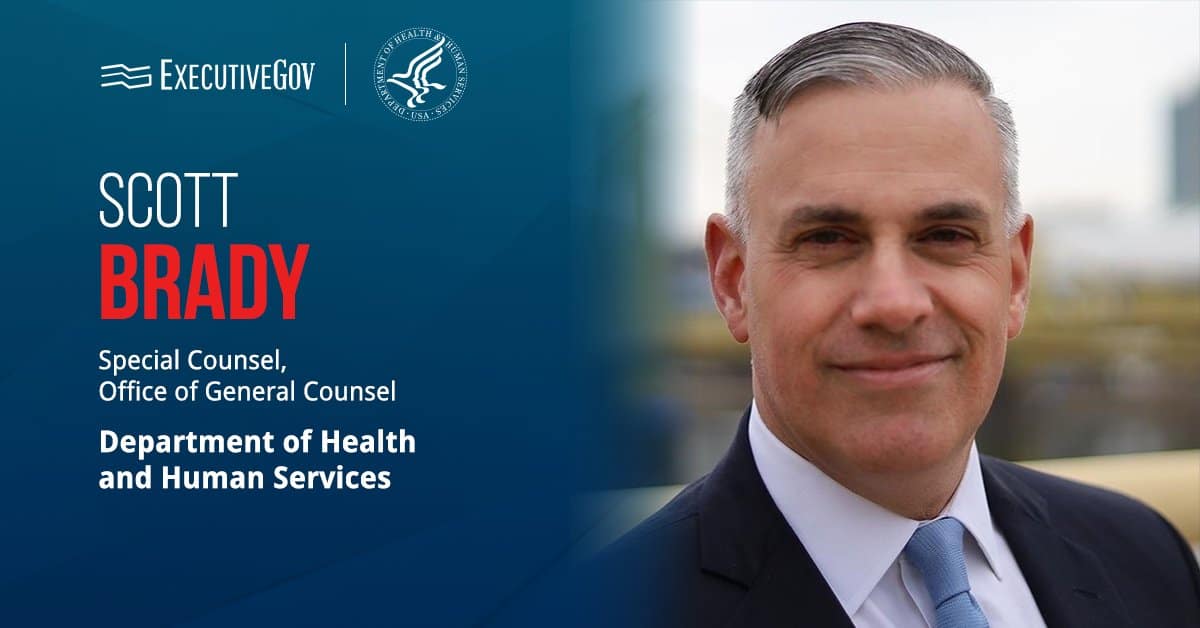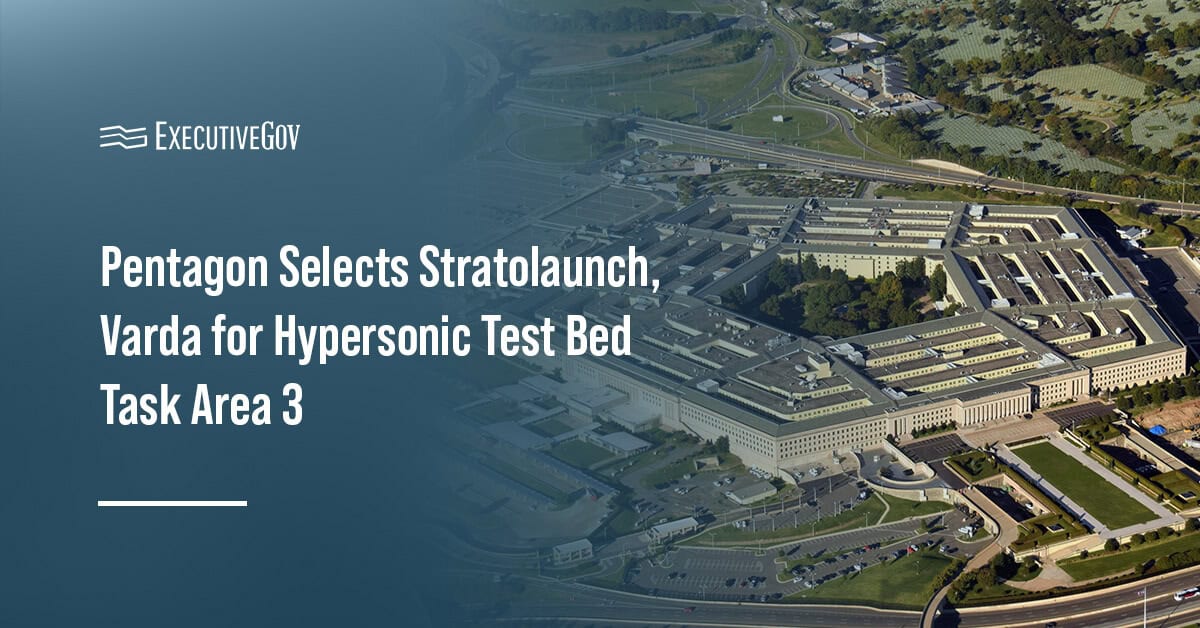Sasha Baker, deputy undersecretary for policy at the Department of Defense, said integrated deterrence will be at the core of the upcoming National Defense Strategy, which will integrate the 2022 Nuclear Posture Review and the Missile Defense Review, DOD News reported Friday.
“As directed by the president, the NPR has examined opportunities to reduce the role of nuclear weapons while maintaining a safe, secure and effective nuclear deterrent and a credible extended deterrence,” Baker said.
“In order to do so we will continue to sustain and modernize U.S. nuclear capabilities. And as we develop and implement integrated deterrence, nuclear weapons will continue to serve a unique role in our defense strategy,” she added.
Baker described integrated deterrence as a framework meant for operating across the spectrum of conflict and warfighting domains in collaboration with all national power components and U.S. allies.





